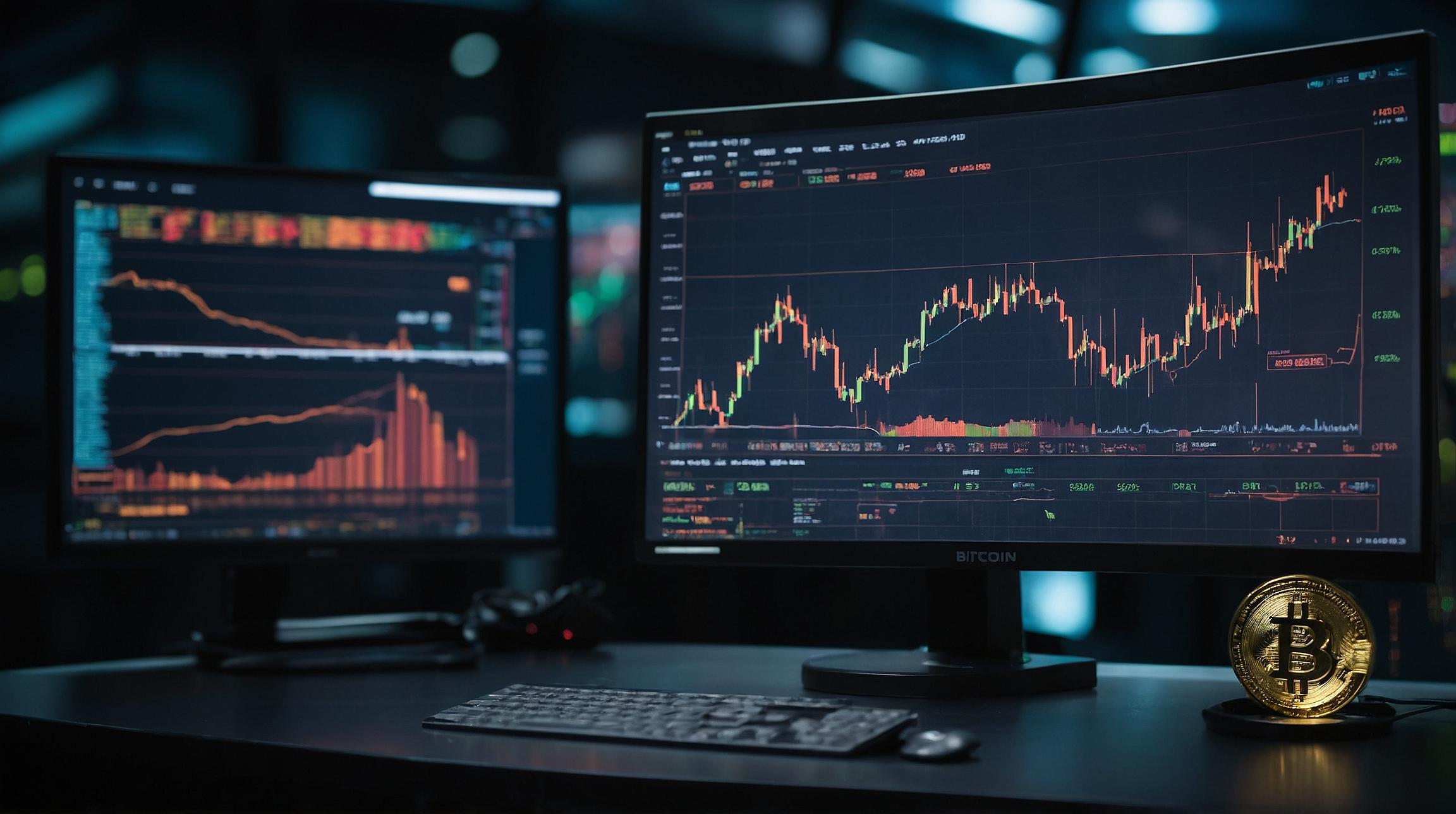Asian Shares Mostly Rise as Investors Monitor U.S. Inflation
Asian shares experienced mostly positive gains on Tuesday as investors keep a close eye on indicators of U.S. inflation. Japan’s benchmark Nikkei 225 surged 2.2% in morning trading, while Australia’s S&P/ASX 200 saw a slight increase of nearly 0.1%. South Korea’s Kospi also jumped 1.2% to reach 2,651.33. However, trading was closed in China, Hong Kong, and Taiwan due to the Lunar New Year holiday.
In Japan, producer price index data revealed a 0.2% increase from a year ago, staying flat on a monthly basis. “The tame number may still suggest limited passthrough to consumer prices and may offer room for the Bank of Japan to keep to its wait-and-see for now. Market expectations have been pricing for rate hike to come only in April 2024,” explained Yeap Jun Rong, market analyst at IG.
Wall Street remained relatively stable after reaching record highs the previous week. The S&P 500 slipped 0.1% to 5,021.84 on Monday, following its first-ever close above the 5,000 level. While most stocks in the index rose, the technology sector, including Microsoft, weighed it down. The Nasdaq composite also experienced a slight decline of 0.3% to 15,942.55. Meanwhile, the Dow Jones Industrial Average set a new record, rising 0.3% to reach 38,797.38.
Throughout the markets, conditions were calm, and bond market yields remained stable. The next significant event that could impact the market is Tuesday’s update on inflation in the United States, which economists predict will drop below the 3% level. Concerns have emerged regarding the concentration of the stock market’s rally in the hands of a few large companies. If other companies can demonstrate strong profit growth, it may alleviate criticism claiming the market is overpriced.
Another source of worry for the market revolves around uncertainties regarding the risks posed by loans and other assets tied to commercial real estate on banks’ balance sheets. The widespread expectation is that weakness in office buildings and other commercial projects will result in some pain for banks. However, the severity of the impact remains uncertain. New York Community Bancorp has been under particular scrutiny since it reported a surprise loss for its latest quarter, partially attributed to its acquisition of Signature Bank during last year’s industry crisis. The stock’s value dropped by roughly 50%, but it showed a slight decrease of 0.2% on Monday. In contrast, an index measuring stock prices in the regional banking industry rose 1.8%.
The bond market experienced minimal fluctuations, with the yield on the 10-year Treasury slipping from 4.18% to 4.16%, while the two-year Treasury yield held steady at 4.48%. Cooling inflation has prompted the Federal Reserve to suggest potential interest rate cuts multiple times this year, which typically has positive effects on financial markets and the economy. However, traders’ expectations for rate cuts have been pushed back from March to May or June due to strong reports on the U.S. economy and job market, as well as comments from Fed officials.
Marc Dizard, chief investment strategist at PNC Asset Management Group, warns that if the Fed further delays rate cuts, it may disrupt the already surging stock prices that rely on positive news. These positive factors include lower interest rates, a stronger conviction that the U.S. won’t experience a recession, a continual decrease in inflation, and robust corporate profit growth. “There isn’t a whole lot more than can really go right,” added Dizard.
Analyst comment
Positive news: Asian shares mostly rise, with Japan’s Nikkei 225 surging 2.2%, Australia’s S&P/ASX 200 increasing by 0.1%, and South Korea’s Kospi jumping 1.2%. Bond market yields remain stable. The market is awaiting the update on US inflation, which is predicted to drop below 3%.
Analyst’s view: The market is currently calm and stable, with positive gains in Asian shares. The expectation of lower inflation and potential rate cuts by the Federal Reserve could continue to support the financial markets and the economy. However, further delays in rate cuts may disrupt the surging stock prices.













